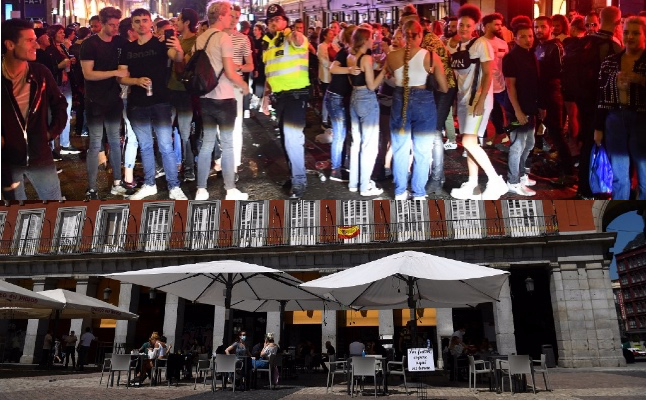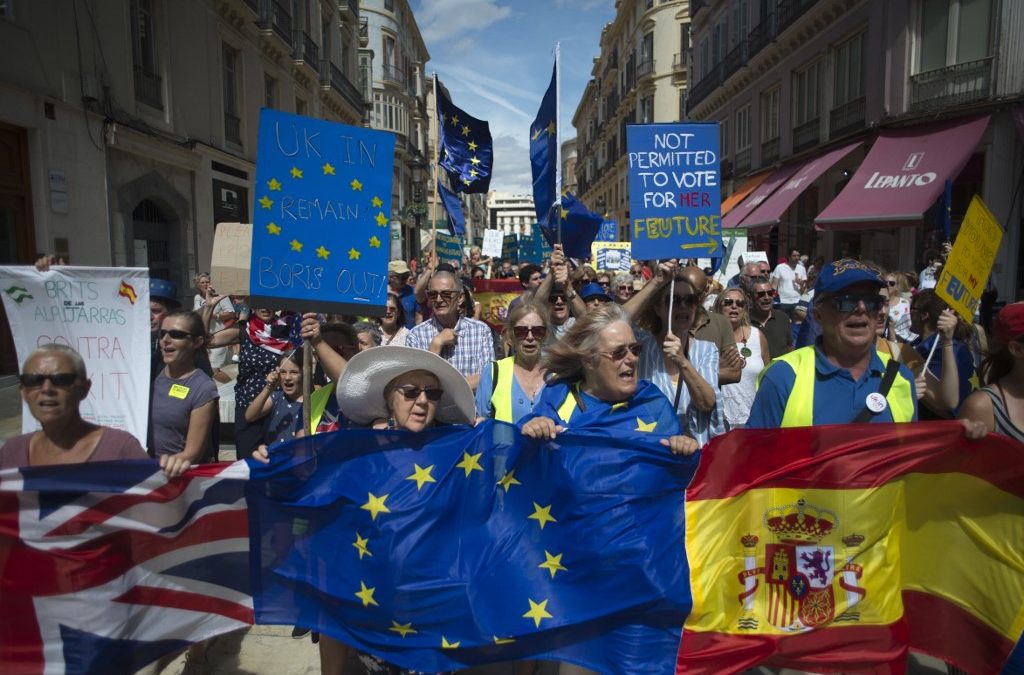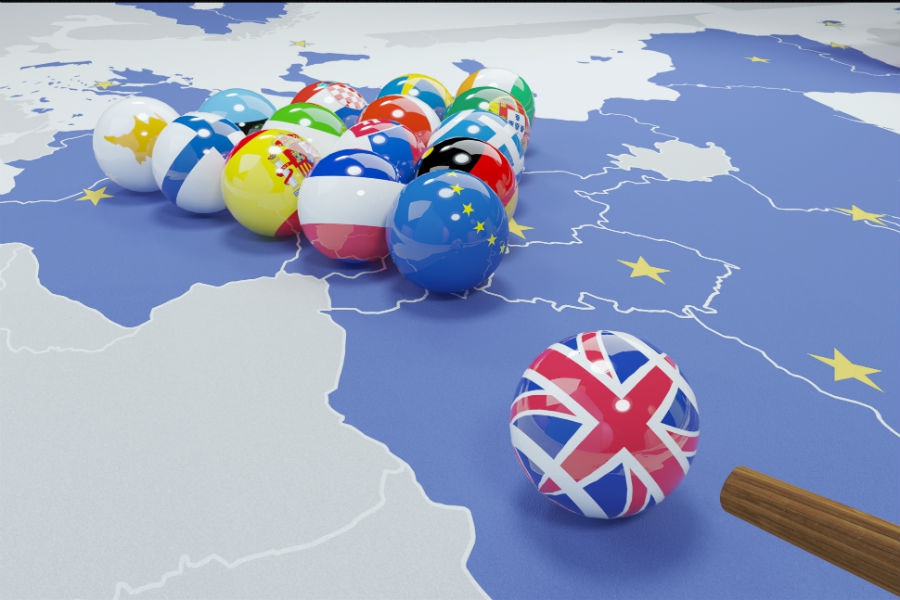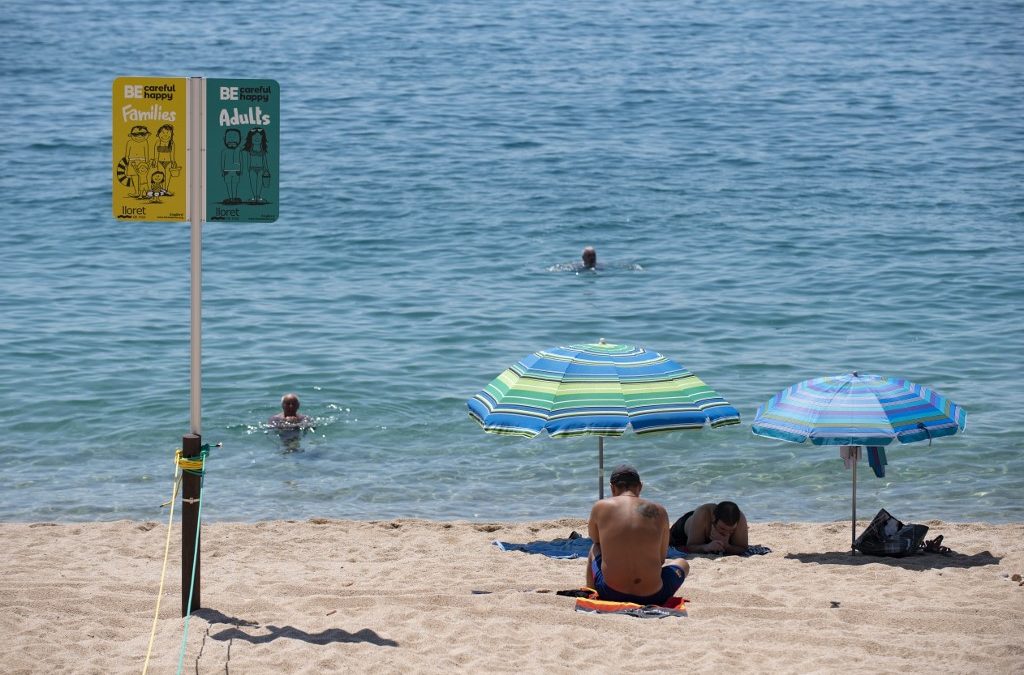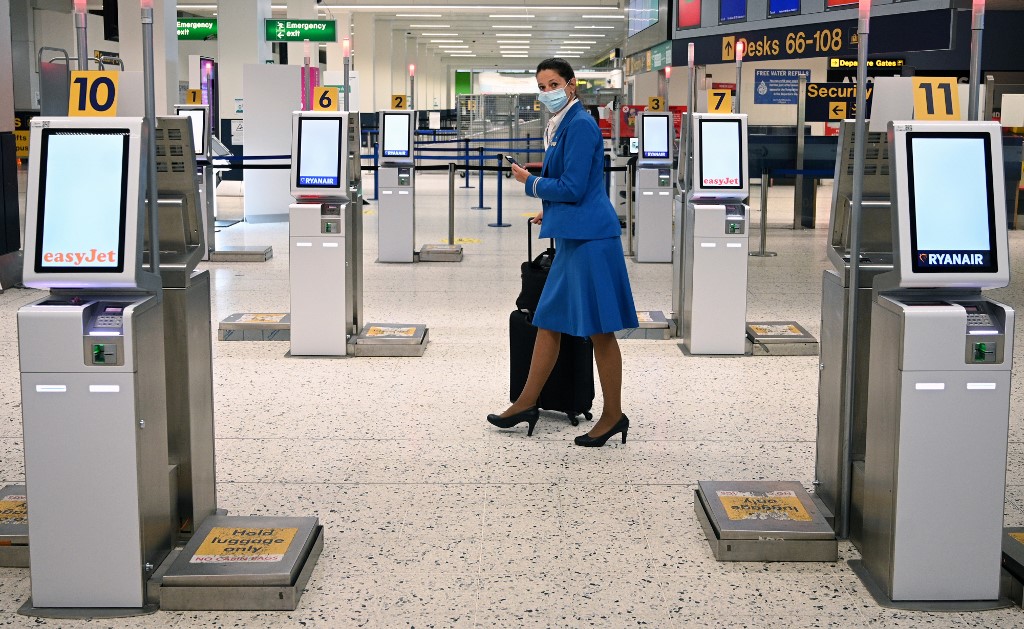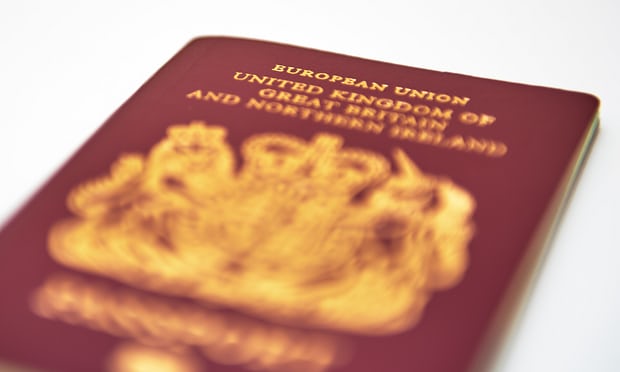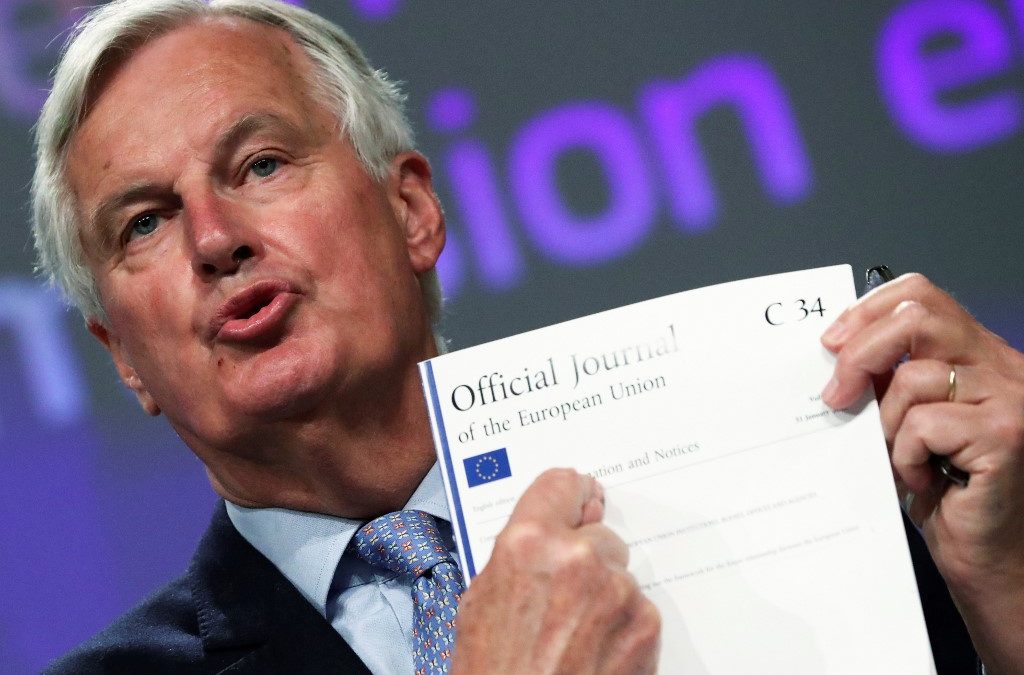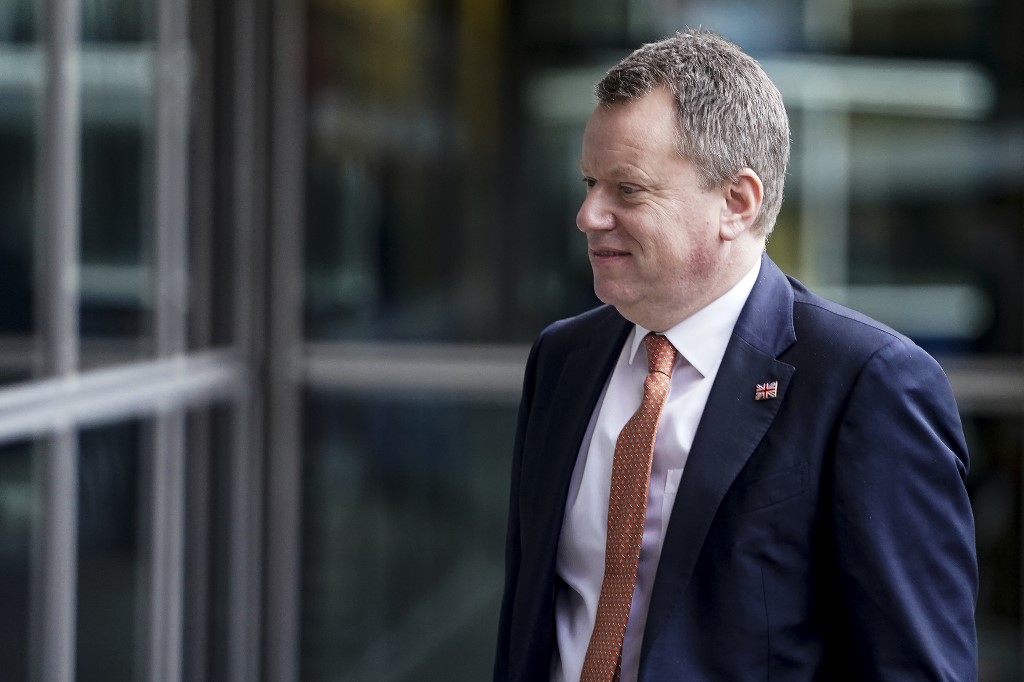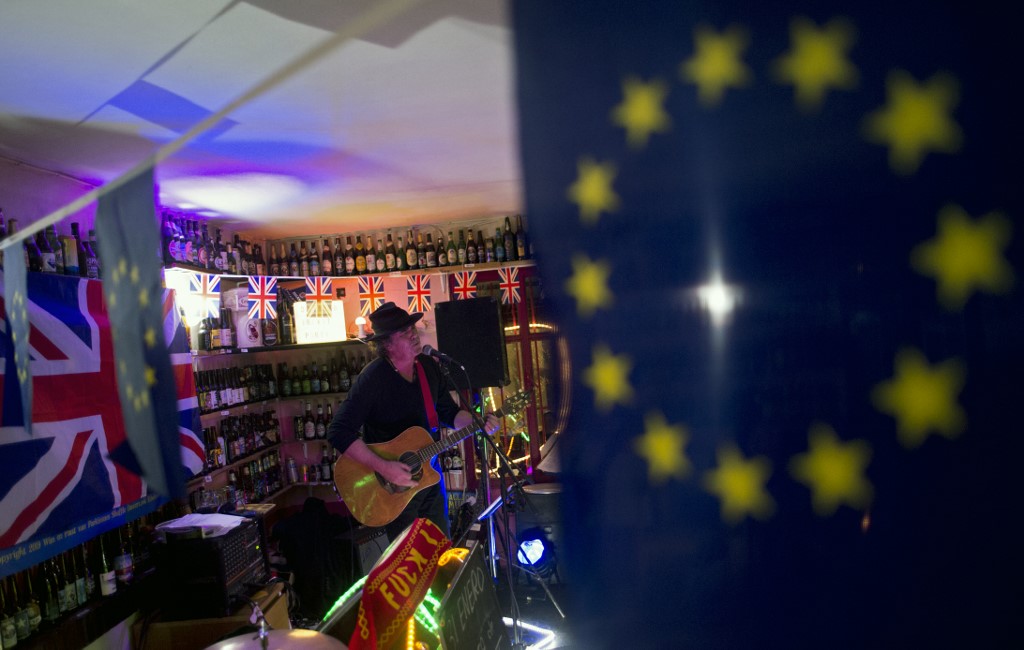
Now it’s time for under-the-radar Brits in Spain to become official residents
Tens, if not hundreds of thousands of Brits in Spain will soon be applying for the new Tarjeta de Identidad de Extranjero (TIE). For the time being at least, I will not be one of them, writes Sue Wilson from the Bremain in Spain group.
Don’t get me wrong – I think the new identity card is a great idea, and there are benefits over my existing, and rather ragged, green residencia certificate.
Since I moved to Spain in 2007, I’ve never left home without my passport. Although I have photo ID in the form of my Spanish driving licence, I’m a belt and braces kind of gal, and old habits die hard. Having a new photo ID card will finally make me leave my passport at home – in theory at least!
The TIE won’t provide any additional rights to those we enjoy as legal residents. It does prove our entitlement to those rights protected by the Withdrawal Agreement (WA), but the old, green residencia certificate does the same. However, the new card will specifically state (i.e. printed on it) the protection of WA rights.
Legally resident Brits are under no obligation to swap their existing green certificate or card for the TIE, as our existing documentation will remain legally valid, even after the transition period.
The British Embassy in Madrid has liaised with Spanish authorities and British citizen groups across Spain over this matter. Considerable debate has surrounded the TIE and the implications for non-resident Brits. Although it has recently been impossible to meet the Ambassador or embassy staff in person, because of Covid, our virtual meetings have continued. The Embassy are also keen to engage directly with British citizens, legal or otherwise, via their Facebook group, including live Q&A events.
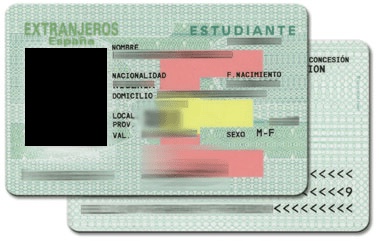
Using funds provided by the British government, several organisations are providing support to British citizens in the most populated regions of Spain. These groups will focus on helping the most vulnerable people navigate the residency application process.
The number of British citizens legally resident in Spain has hovered over the 300,000 mark for some time, although the figure is now rising because of Brexit. The total number, including those living under the radar, is estimated at up to one million. Even if that is an over-estimate, the Spanish authorities will certainly be handling applications from hundreds of thousands of British citizens.
The two-step process for those who are not currently legally resident involves the immigration office and the national police and can take many weeks. To qualify for the important benefits conferred by the WA, such as healthcare and pensions protection, the non-residents will be mindful of the transition period ending on 31 December 2020.
To read the full article please head over to The Local.
Here are some useful links also:
What are the steps to apply for a TIE residency card in Spain?
Why British second-home owners in Spain should register for residency
Q&A: What you need to know about the new Brexit-friendly Spanish residency card

